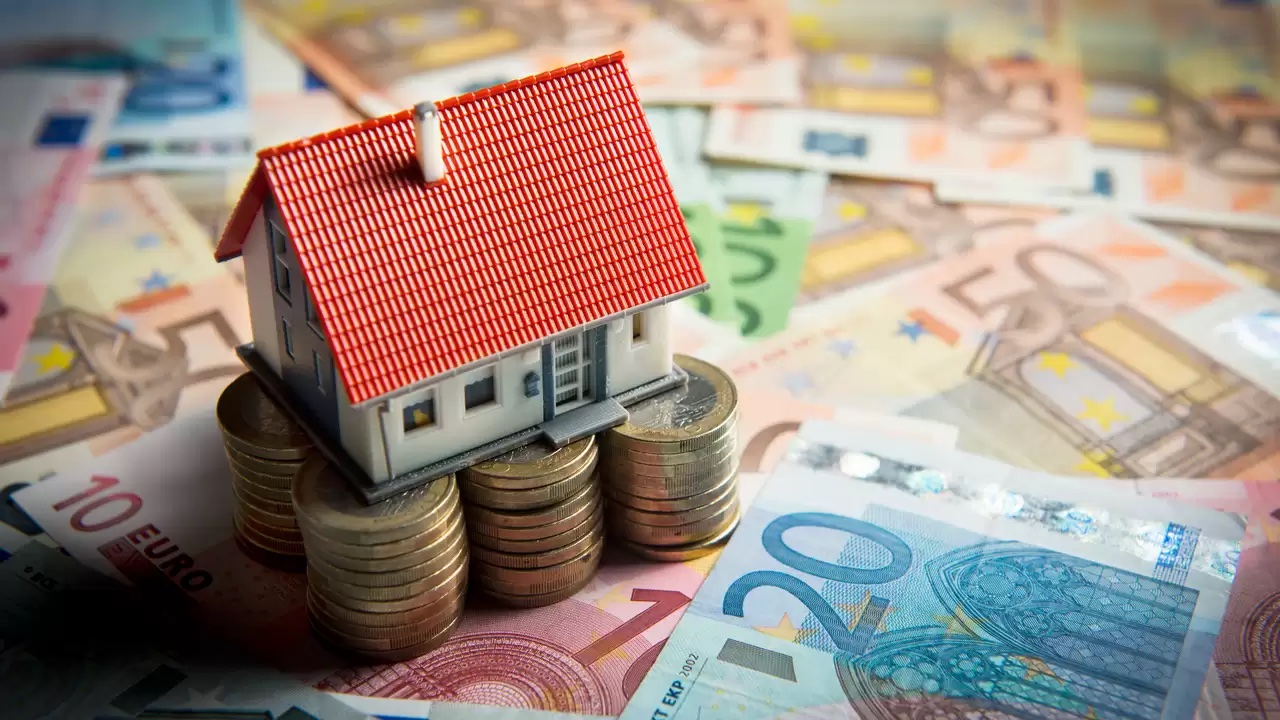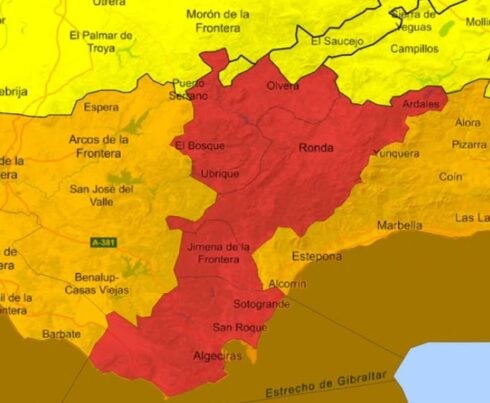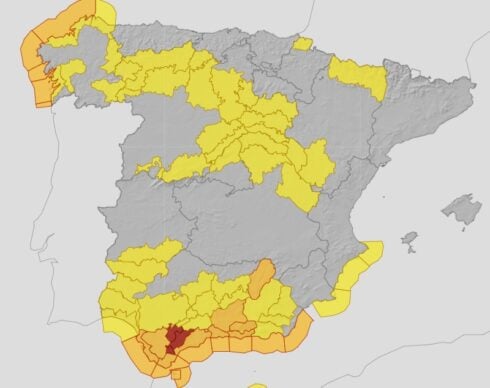NEW HOME mortgages granted in April fell by 18.3% compared to a year earlier according to figures from the National Institute of Statistics published on Thursday.
27,053 loans were approved that month- the lowest figure since the height of the Covid pandemic in December 2020.
The fall is greater than the 15.7% drop recorded in March and the 2% in February, which confirm the slowdown in the mortgage market caused by higher interest rates.
Experts predict that the trend will continue downward, in the context of tightening of credit by financial institutions and the sharp rise in the Euribor interest rate.
The average interest rate for new home mortgages has risen by 1.32% in a year to stand at 3.09%, its highest value since April 2017.
Three months ago it stood at 2.65% for an average mortgage term of 24 years.
Javier Torres, head of mortgages at Clikalia Group, told El Pais: “The effect of restricting access to credit that the European Central Bank’s interest rate hikes are having is noticeable.”
“We believe that the situation will not improve this year and the rise of 0.25% just a week ago, and the announcement of possible new increases in July, makes financial institutions adjust mortgage offers and to offering fixed rates.”
Torres concluded that ‘everything indicates that financing is going to be increasingly expensive and complicated’.
The average amount of mortgages offered on homes fell by 4.1% year-on-year in April to €136,945 while borrowed capital decreased by 21.6%, to €3.7 billion.
In a month-on-month comparison, (April over March), mortgages for houses sank by 25.2%, while borrowed capital fell by 28.2%.
In both cases they are the largest declines in April in at least five years.
In the first four months of 2023, mortgage loans for housing have been reduced by 8.4%, with a decrease in borrowed capital of 9% and a decrease in average capital of 0.7%.
The Spanish Association of Consumers says that the increase in interest rates is badly affecting families.
“This means a further tightening of the economic conditions of Spanish households, as it will lead to a high payment of mortgages while negatively influencing the granting of new mortgage loans,” it said.
READ MORE:
- New mortgages slump as real estate market continues to slow down in Spain
- ECB boss brings little cheer for people in Spain on variable-rate mortgages
- Man kills himself in balcony fall over mortgage arrears in Spain’s Valencia
Click here to read more Property News from The Olive Press.








